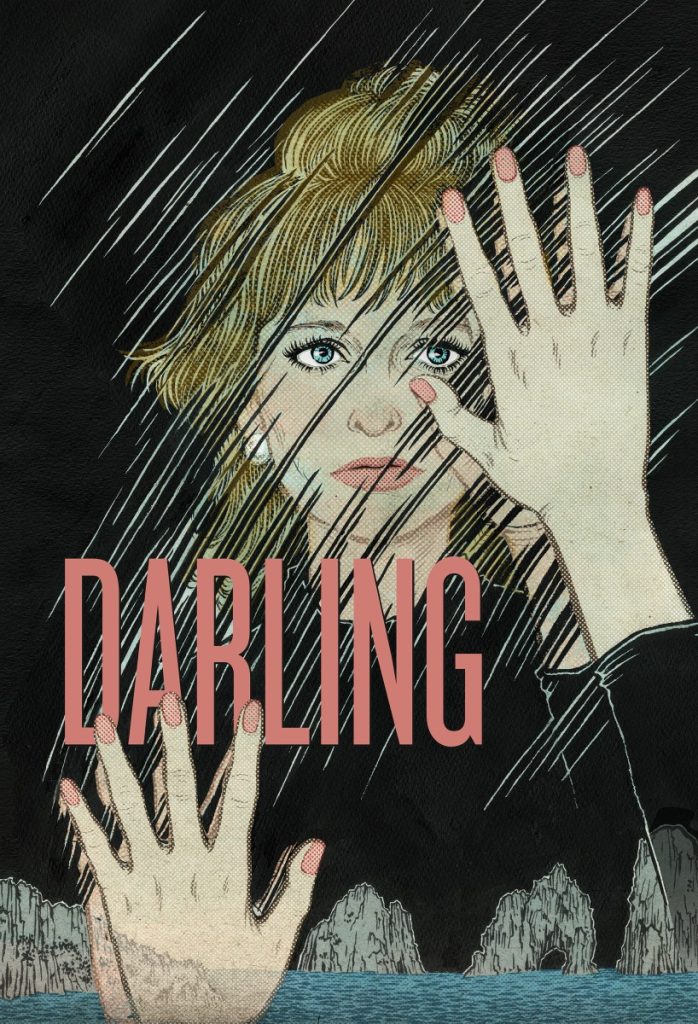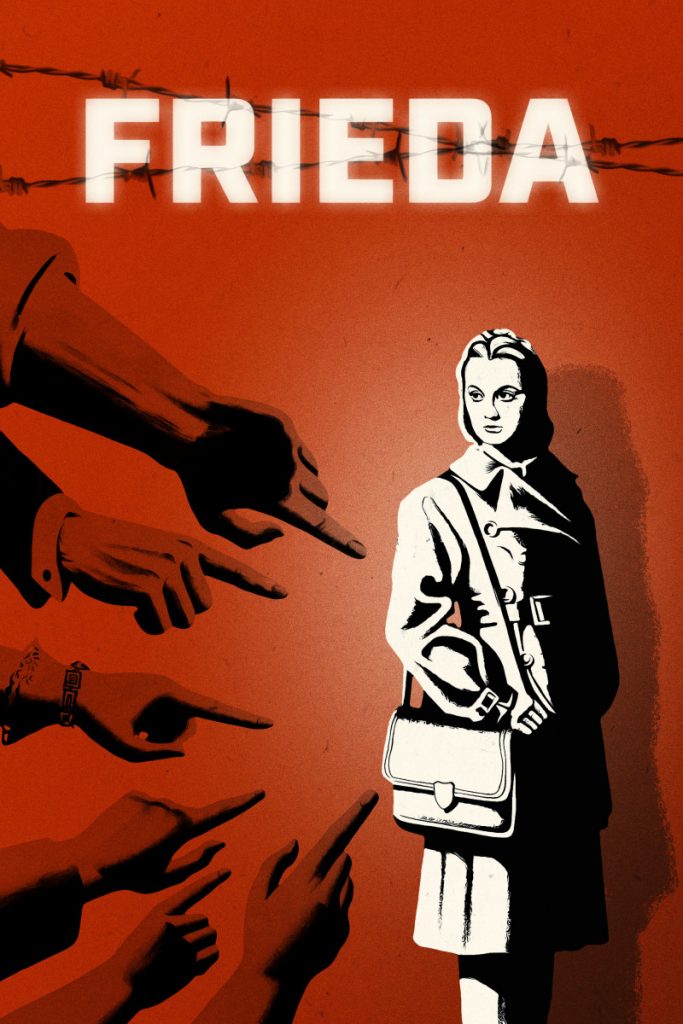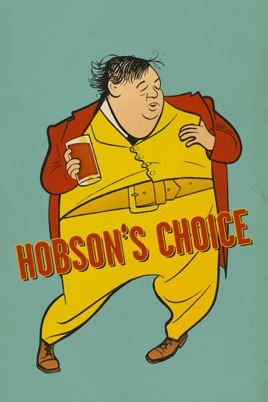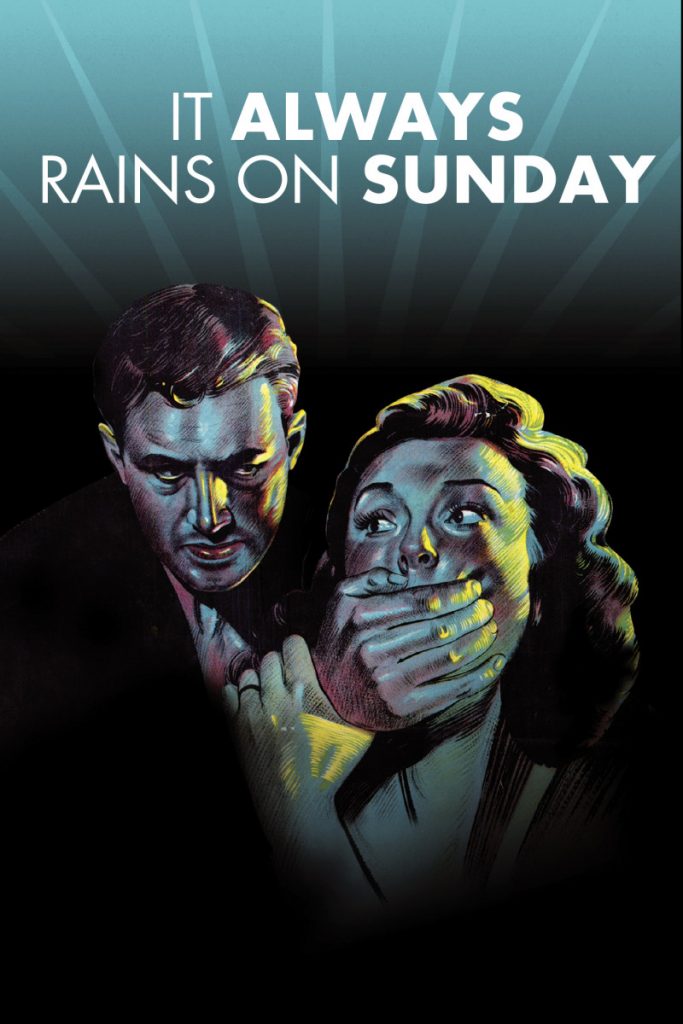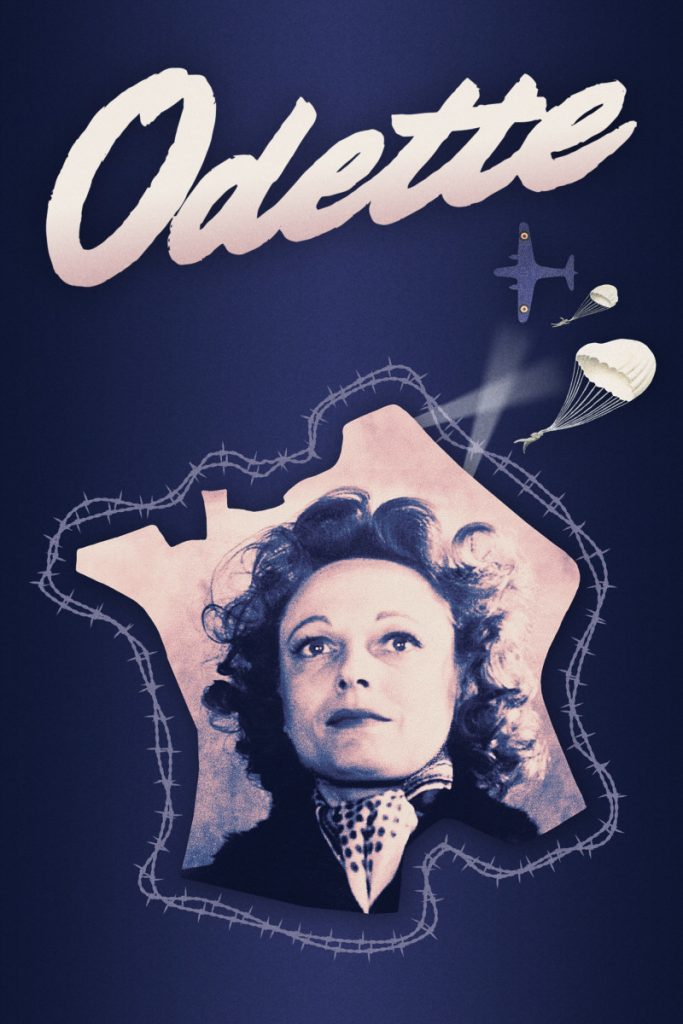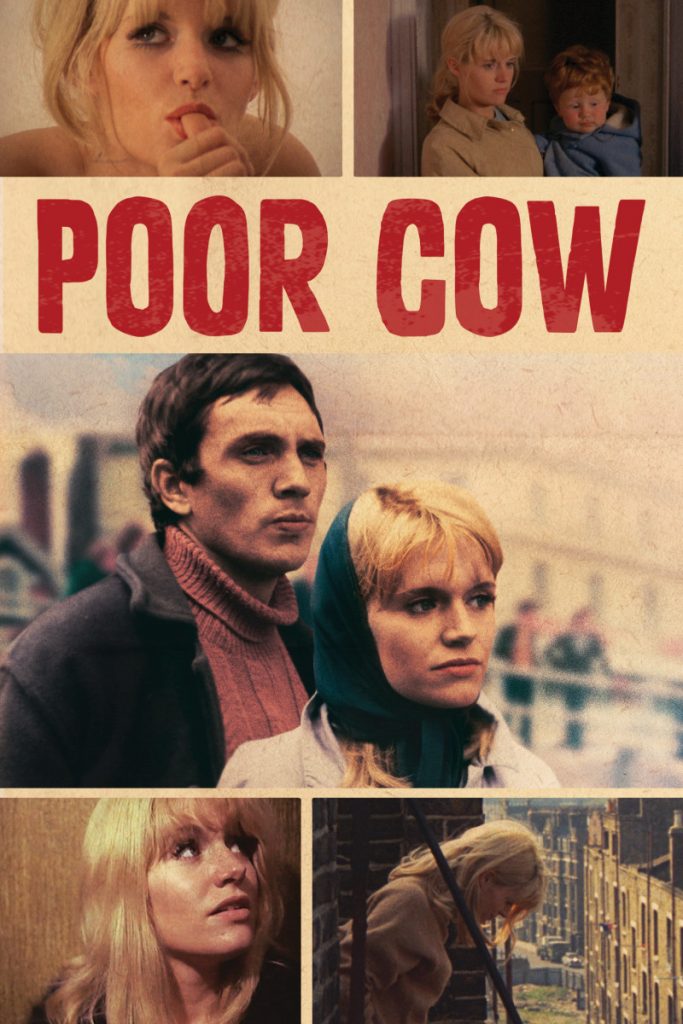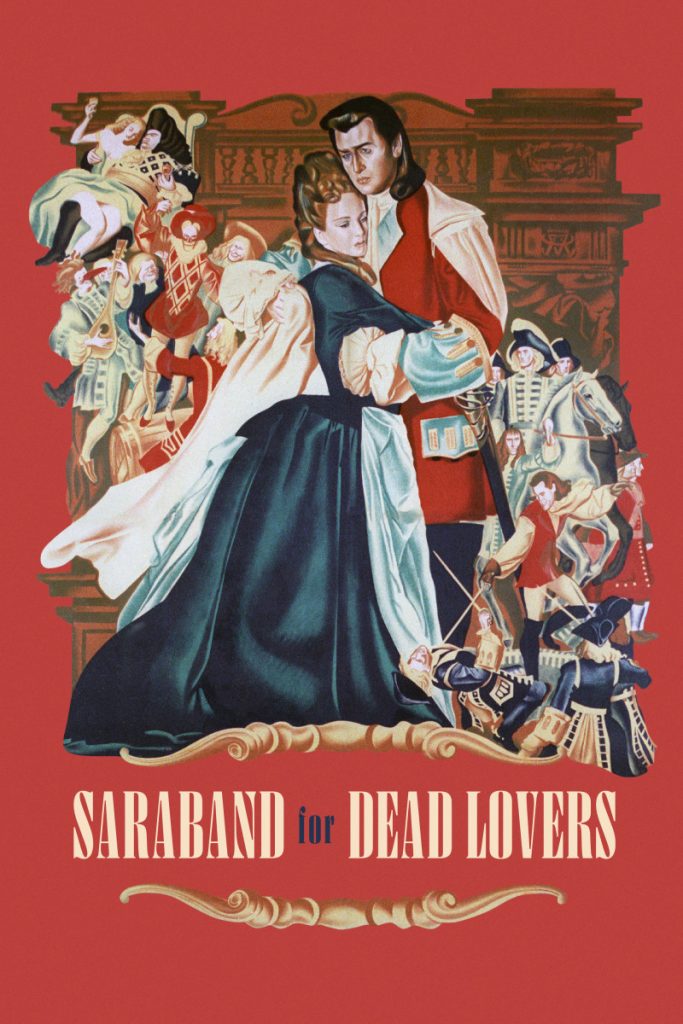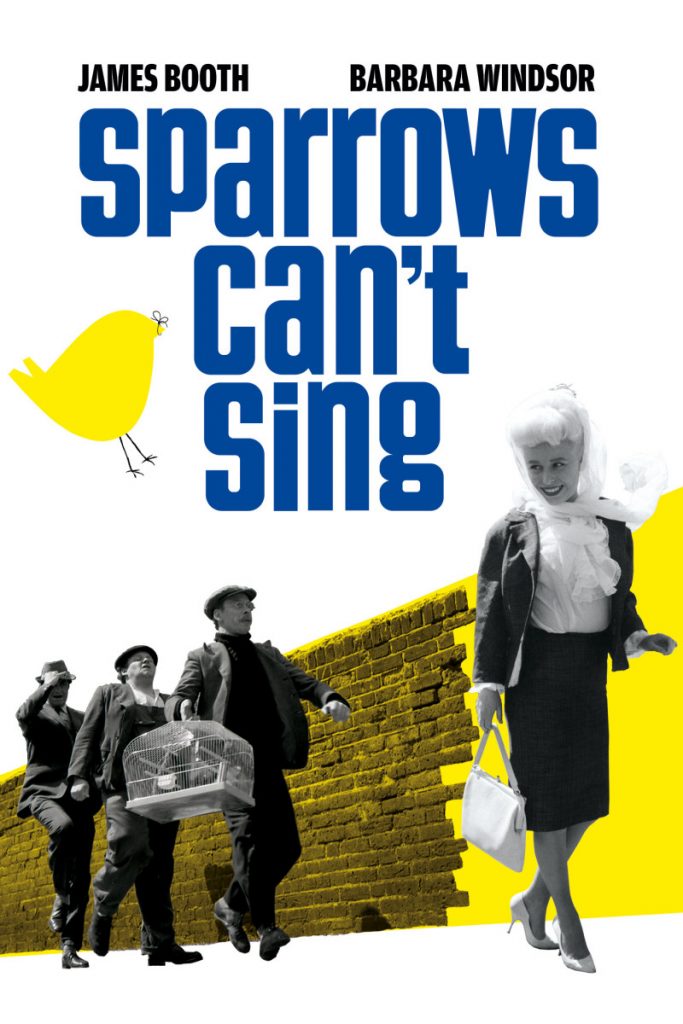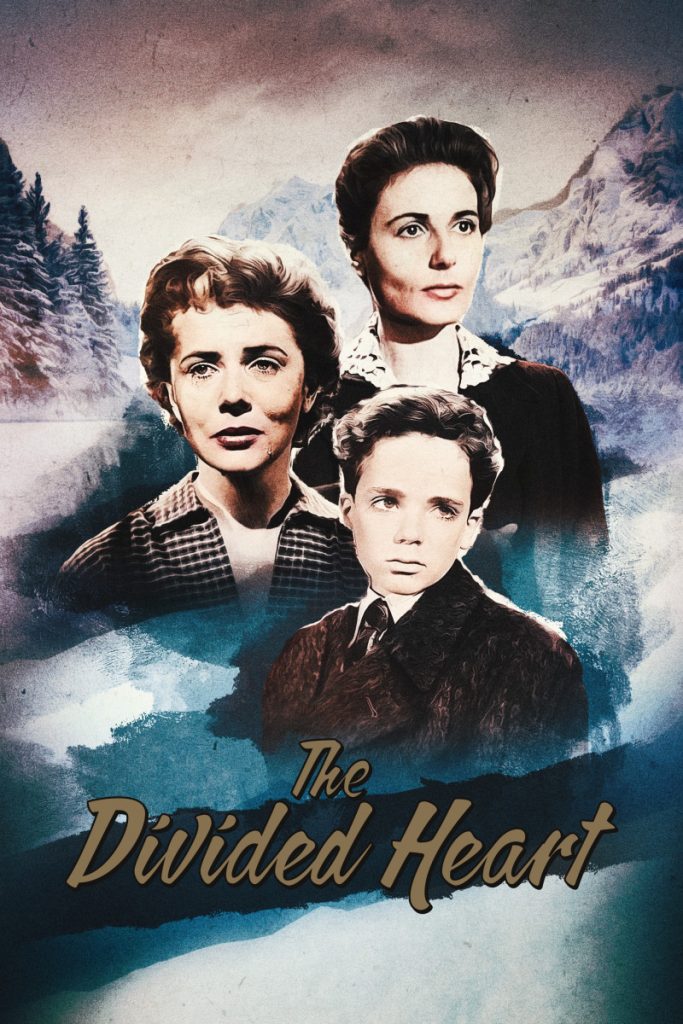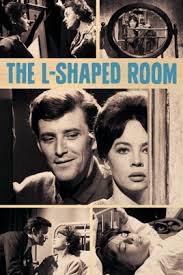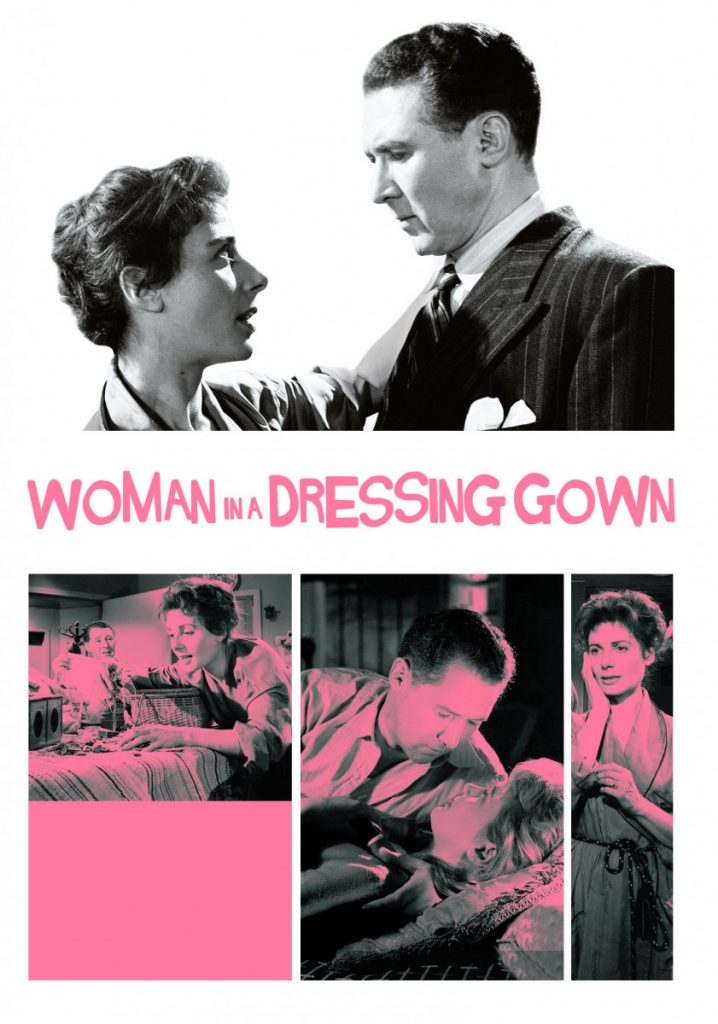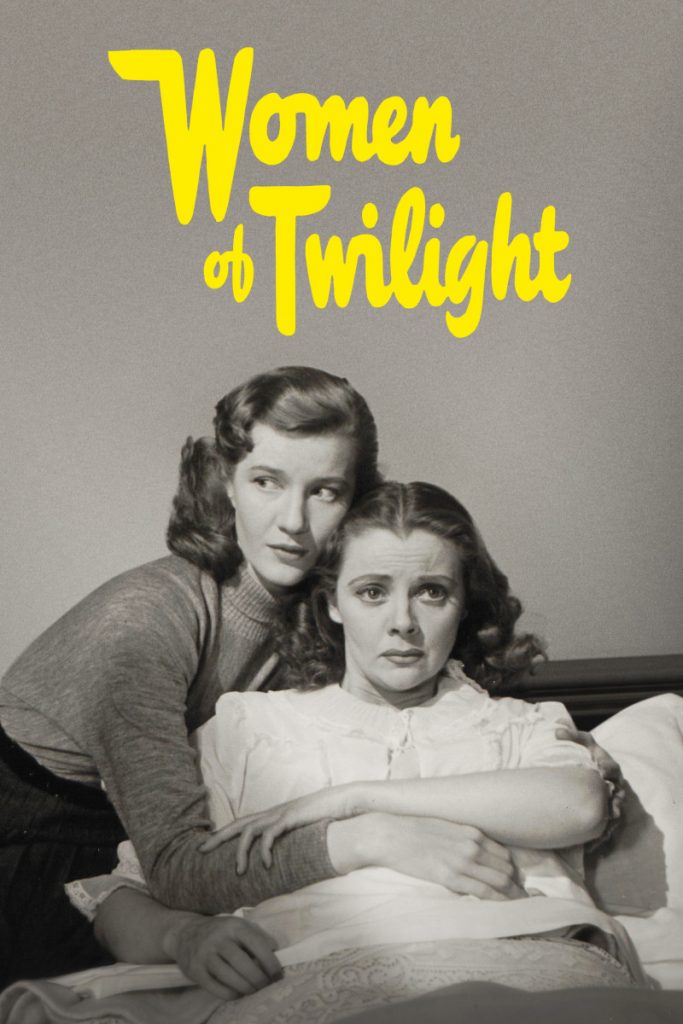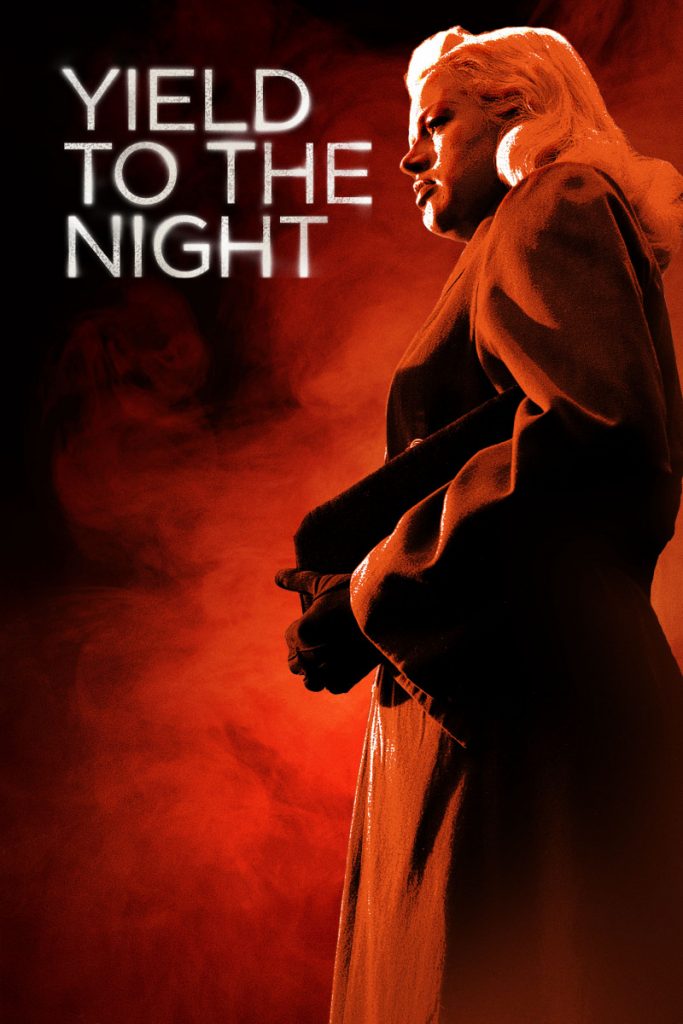“Woman’s picture” was a Hollywood trade term with a faint smell of the pejorative, but it also spoke a truth about mid-century cinema – it put female stories, stars and audiences at the heart of its business. In America, this produced films that now seem the quintessence of Hollywood: monochrome melodramas with Bette Davis or Joan Crawford that register the changes in women’s lives wrought by the Second World War.
The same happened here. A new generation of stars – Googie Withers, Diana Dors, Patricia Roc, Phyllis Calvert – portrayed women under pressure in the post-war world. A veteran of the previous decade, Anna Neagle, returned from a brief American career to position herself as Britain’s most bankable star. (More Britons went to see Spring in Park Lane than Titanic.) Neagle showed her mettle in Odette, playing a concentration camp inmate who survives torture at the hands of her captors. Dors exploded her reputation as a blonde bombshell in Yield to the Night, as a young killer facing her demons in the death cell. In It Always Rains on Sunday, Googie Withers proved something that cinema had not always much considered: that characters as rich Madame Bovary might fry their own bacon and patch their windows with newspaper.
The 60s New Wave followed these lessons. The L-Shaped Room takes us into the shabby Notting Hill boarding house where Leslie Caron is computing the consequences of her pregnancy. Sparrows Can’t Sing puts Barbara Windsor into a clean new tower block rising above the half-demolished streets of London’s East End, unsure whether the father of her baby is her absent sailor husband, or the boyfriend who moved in after his ship pulled out. Not all of these pictures would pass the Bechdel Test. But they ace all the others.

